Companies that collect data on citizens in European Union (EU) countries will need to comply with strict new rules around protecting customer data by May 25. The General Data Protection Regulation (GDPR) is expected to set a new standard for consumer rights regarding their data, but companies will be challenged as they put systems and processes in place to comply.
Compliance will cause some concerns and new expectations of security teams. For example, the GDPR takes a wide view of what constitutes personal identification information. Companies will need the same level of protection for things like an individual’s IP address or cookie data as they do for name, address and Social Security number.
The GDPR leaves much to interpretation. It says that companies must provide a “reasonable” level of protection for personal data, for example, but does not define what constitutes “reasonable.” This gives the GDPR governing body a lot of leeway when it comes to assessing fines for data breaches and non-compliance.
Time is running out to meet the deadline, so CSO has compiled what any business needs to know about the GDPR, along with advice for meeting its requirements. Many of the requirements do not relate directly to information security, but the processes and system changes needed to comply could affect existing security systems and protocols.
What is GDPR?
The European Parliament adopted the GDPR in April 2016, replacing an outdated data protection directive from 1995. It carries provisions that require businesses to protect the personal data and privacy of EU citizens for transactions that occur within EU member states. The GDPR also regulates the exportation of personal data outside the EU.
The provisions are consistent across all 28 EU member states, which means that companies have just one standard to meet within the EU. However, that standard is quite high and will require most companies to make a large investment to meet and to administer.
The short answer to that question is public concern over privacy. Europe, in general, has long had more stringent rules around how companies use the personal data of its citizens. The GDPR replaces the EU’s Data Protection Directive, which went into effect in 1995. This was well before the internet became the online business hub that it is today. Consequently, the directive is outdated and does not address many ways in which data is stored, collected and transferred today.
What types of privacy data does the GDPR protect?
- Basic identity information such as name, address and ID numbers
- Web data such as location, IP address, cookie data and RFID tags
- Health and genetic data
- Biometric data
- Racial or ethnic data
- Political opinions
- Sexual orientation
Which companies does the GDPR affect?
Any company that stores or processes personal information about EU citizens within EU states must comply with the GDPR, even if they do not have a business presence within the EU. Specific criteria for companies required to comply are:
- A presence in an EU country.
- No presence in the EU, but it processes personal data of European residents.
- More than 250 employees.
- Fewer than 250 employees but its data-processing impacts the rights and freedoms of data subjects, is not occasional or includes certain types of sensitive personal data. That effectively means almost all companies.
Source: CSO


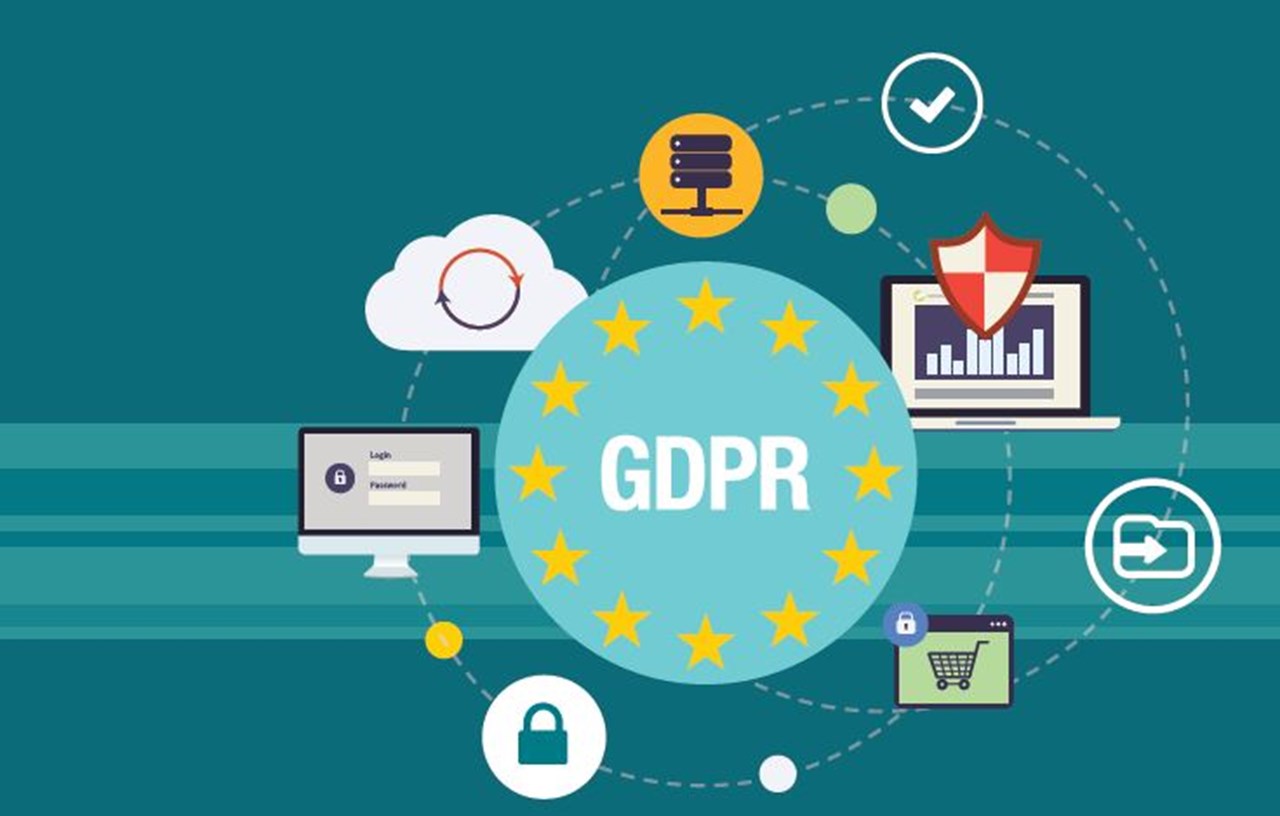


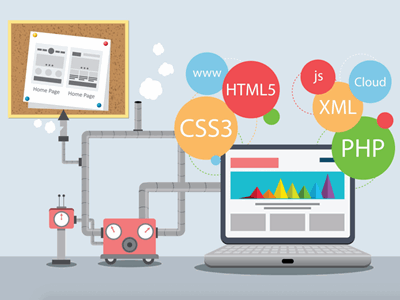
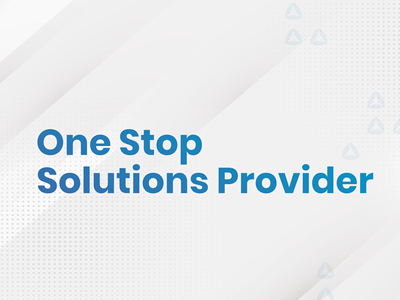
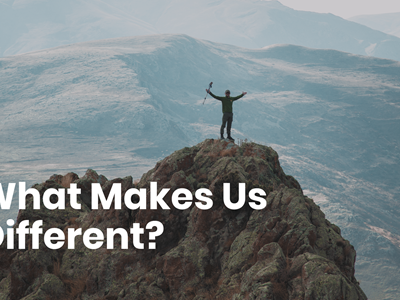
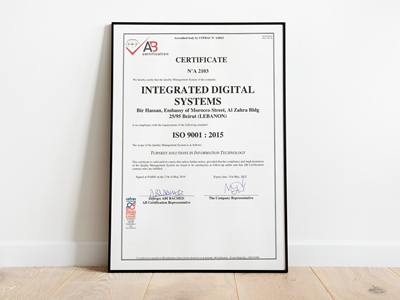

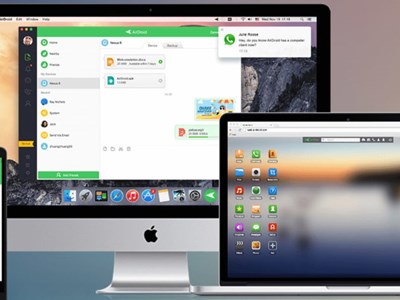
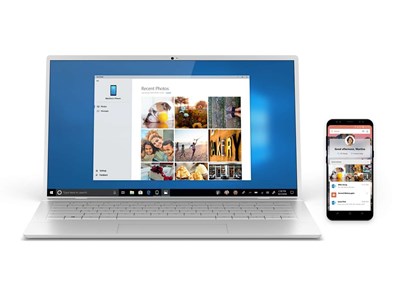

Comments